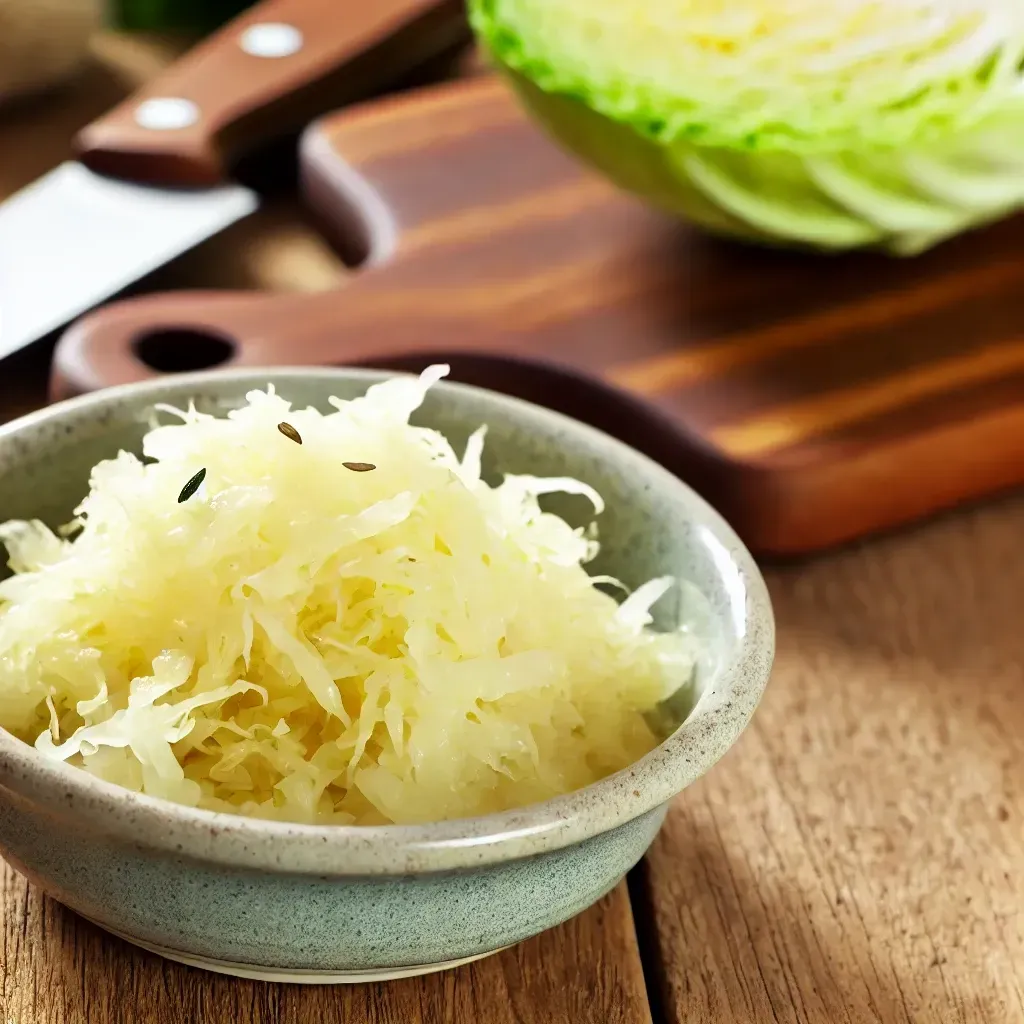Autoimmune Disease and Food Sensitivities: Why Diet Matters
How Food Sensitivities Fuel Autoimmune Flares—And What to Do About It
If you have an autoimmune condition, one of the most important things to understand is tolerance—or rather, the loss of it.
In simple terms, autoimmunity happens when your immune system mistakenly attacks your own body. This loss of tolerance doesn’t just apply to your own cells—it often extends to the foods you eat, especially dietary proteins.
Why Are Food Sensitivities So Common in Autoimmunity?
Your immune system is designed to recognize what belongs in your body and what doesn’t. But when you have an autoimmune condition, this system is off balance. It can become hypersensitive, reacting to harmless food proteins as if they were dangerous invaders.
The Three Types of Lost Tolerance in
Autoimmunity:
- Oral Tolerance: Reacting to food proteins (common with gluten, dairy, eggs, and legumes).
- Chemical Tolerance: Sensitivity to chemicals in food, personal care products, and the environment.
- Self-Tolerance: The immune system mistakenly attacking your own tissues (the core of autoimmune disease).
Because loss of tolerance is a hallmark of autoimmunity, most people with autoimmune conditions will have food sensitivities—whether they realize it or not.
What Can You Do?
If you have an autoimmune condition, your diet plays a major role in calming your immune system and reducing inflammation. Here’s what you can do to help your body heal:
1. Identify and Remove Trigger Foods
- Start with an elimination diet, removing common inflammatory foods like gluten, dairy, soy, eggs, corn, and processed sugars.
- After 4-6 weeks, reintroduce foods one at a time and track your symptoms.
2. Focus on Gut Healing
Since a leaky gut is often involved in autoimmunity, healing the gut can help restore tolerance. Support your gut with:
- Bone broth for collagen and amino acids.
- Fermented foods like sauerkraut or kimchi to support the microbiome.
- Prebiotic fibers (onions, garlic, asparagus) to feed beneficial bacteria.
3. Eat Nutrient-Dense, Anti-Inflammatory Foods
- Wild-caught fish for omega-3s (reduce inflammation).
- Grass-fed meats for high-quality protein and healthy fats.
- Leafy greens and colorful vegetables for antioxidants.
4. Manage Stress and Support Your Immune System
Stress directly affects immune function. Incorporate:
- Mindfulness practices (meditation, prayer, deep breathing).
- Adequate sleep (7-9 hours per night).
- Gentle movement (walking, yoga).
5. Get the Right Food Sensitivity Testing
If you continue to react to certain foods despite an elimination diet, it may be time for advanced food sensitivity testing. This is not the same as a food allergy test—it looks at delayed immune reactions that can contribute to inflammation and autoimmunity.
However, not all food sensitivity tests are created equal. Most labs only test for reactions to raw foods, but our immune system often reacts differently to cooked foods. To get the most accurate results, work with a functional medicine practitioner who uses advanced panels that measure immune reactivity to both raw and cooked food antigens. These tests can help pinpoint hidden triggers that may be driving your symptoms.
Bottom Line
If you have autoimmunity, food isn’t just fuel—it’s either helping you heal or contributing to your symptoms. Understanding and addressing food sensitivities can be a game-changer in managing autoimmune conditions.
Need help figuring out what foods are triggering your symptoms? Book a consultation to start your personalized healing plan!
Don't Miss Out On More!

Heidi Toy FNTP
I help people all over the world heal by identifying and treating the root cause of their body imbalances. Through diet and nutrition, I guide them towards wholeness and balanced lives.
Heidi Toy Functional Medicine Blog














































































































